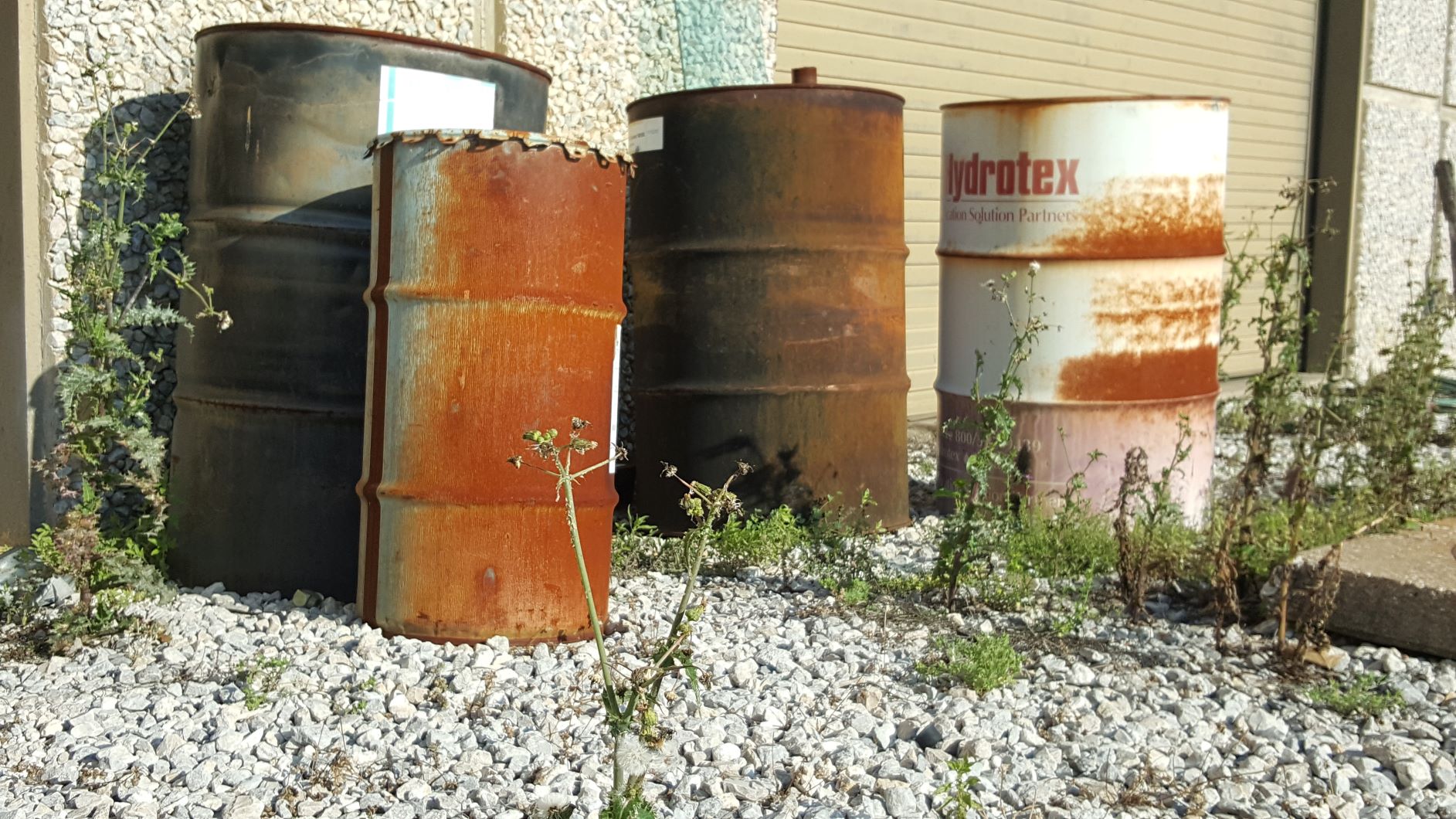A question from a waste generator in the great state of Texas back in November of 2020:
Hi, Daniel
I work in a privately own Petro chemical lab. We serve the public and many big Oil companies. We test crude oil and gases for composition mostly.
My question is we are should be listed as Non-industrial right?
Thanks!
My reply that same day:
Thank you for contacting me. Please see below.
Based on the regulations of the Texas Administrative Code (TAC) and guidance provided by TCEQ I believe the waste you generate qualifies as Industrial. Please see below:
- From a TCEQ guidance document: TCEQ Guidance RG-022.
- From RG-022:
Industrial versus Nonindustrial Wastes: Industrial wastes result from (or are incidental to)operations of industry, manufacturing, mining, or agriculture—for example, wastes from power generation plants, manufacturing facilities, and laboratories serving an industry. Nonindustrial wastes, by contrast, come from sources such as schools, hospitals, churches, dry cleaners, most service stations, and laboratories serving the public.
- Since you serve “big oil companies” as well as the general public, I believe your solid waste is subject to regulation as an industrial solid waste in Texas.
- This article I wrote explains the distinction and references the regulations: The Identification of Industrial and Non-Industrial Waste in Texas
Contact me with any questions you may have about the generation, identification, management, and disposal of hazardous waste Daniels Training Services, Inc. 815.821.1550 |
I hope this helps. Please contact me with any other questions.


